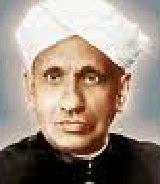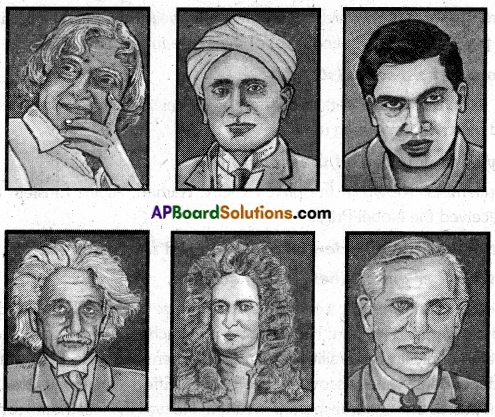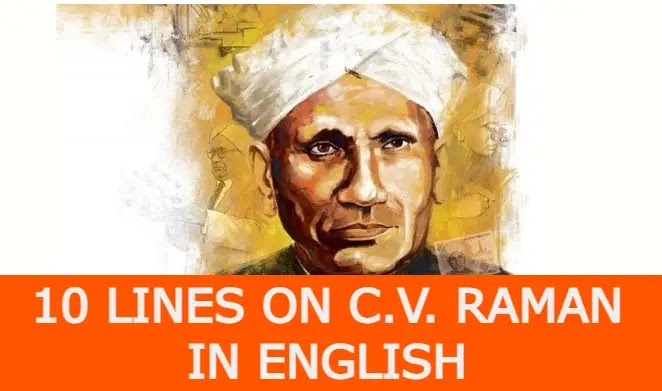Chandrasekhara Venkata Raman, better known as C.V. Raman, was an Indian physicist and Nobel laureate. He was born on November 7, 1888, in Tiruchirapalli, Tamil Nadu, India. Raman's father was a professor of mathematics and physics at the local college, and from an early age, Raman showed an aptitude for science and mathematics.
Raman received his early education in Tiruchirapalli and then went on to study at Presidency College in Madras, where he received his B.A. in physics in 1904. After graduation, he joined the Indian Finance Department as an accountant, but his love for science never waned. In 1907, he returned to Presidency College to pursue a M.A. in physics, which he received in 1909.
In 1917, Raman was appointed as the head of the Department of Physics at the newly established University College of Science in Calcutta (now Kolkata). It was here that he began his groundbreaking work in the field of optics and the scattering of light. In 1922, he discovered the Raman effect, which is the inelastic scattering of photons, or the change in frequency of light when it is scattered by a material. This discovery earned him the Nobel Prize in Physics in 1930, making him the first Asian scientist to receive this prestigious award.
Raman's work on the scattering of light had wide-ranging implications, including the development of lasers and the study of materials science. It also led to a greater understanding of the nature of light and the interaction of light with matter. In recognition of his contributions to science, Raman was awarded the Bharat Ratna, India's highest civilian honor, in 1954.
Throughout his career, Raman made numerous other contributions to science, including the development of the Raman spectroscope, which is used to study the vibrational, rotational, and other low-frequency modes of molecules. He also made significant contributions to the study of the properties of crystals, the behavior of gases, and the nature of heat.
In addition to his scientific work, Raman was also a passionate teacher and mentor. He founded the Indian Academy of Sciences in 1934 and served as its President from 1935 to 1936. He also served as the President of the Indian Science Congress in 1936.
C.V. Raman died on November 21, 1970, in Bangalore, Karnataka, India, at the age of 82. His contributions to science and education have had a lasting impact and he is remembered as one of India's most renowned and respected scientists.






